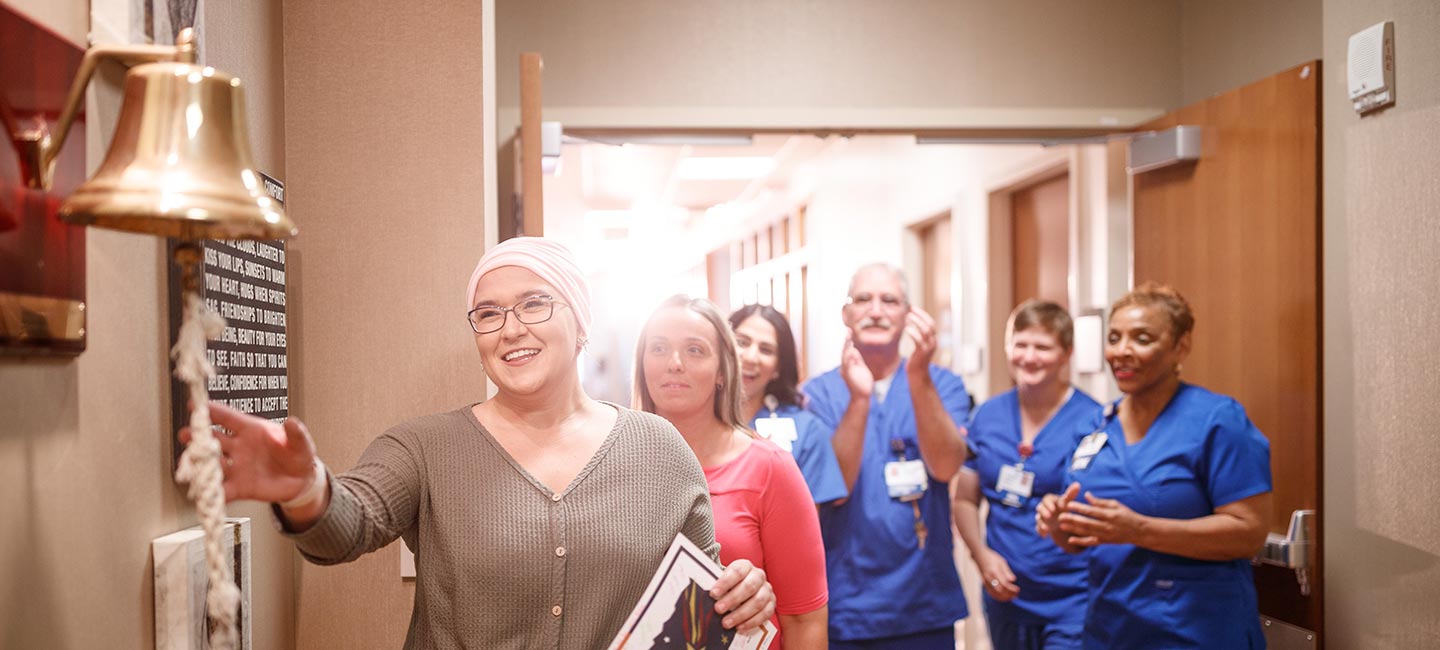Are Cancer Survivors at High Risk for COVID-19?
Cancer patients in active treatment are at a higher risk for COVID-19 infection because they are immunocompromised.
But what about cancer survivors?

Dr. Smitha Pabbathi, Survivorship Clinic Director
“Once survivors recover from treatment, they may not be as immunocompromised as a patients actively undergoing cancer treatment,” said Dr. Smitha Pabbathi, director of the Survivorship Clinic at Moffitt Cancer Center. “Cancer survivors don’t appear to be at increased risk of being infected with COVID-19.”
While cancer survivors may not be at higher risk for COVID-19, emerging research does show if they develop the disease they are more likely to have complications and have to be hospitalized than those who have never had cancer.
If cancer survivors have medical conditions like heart disease, hypertension, diabetes or are on immunosuppressive therapy for other medical conditions, it could also put them at increased risk for complications from the virus. It does not appear extended endocrine therapies for breast and ovarian cancer increase a survivor’s risk of COVID-19.
“Because little is still known on how COVID-19 impacts cancer patients and survivors, it’s important to continue to engage with your oncology team and primary care physicians,” said Pabbathi.
Pabbathi says when possible, survivors should postpone surveillance visits three to six months to minimize risk of exposure to the virus. It is also important to stay healthy and maintain a strong immune system by exercising, sleeping well and healthy eating, and to practice social distancing and good hand washing. Taking care of medical conditions like diabetes and staying up to date on vaccinations can also help.
The Survivorship Clinic has begun providing onco-wellness visits for patients treated at Moffitt who are transitioning from cancer therapy into surveillance.
“We know this transition can be difficult and physical, emotional and social changes can emerge,” said Pabbathi. “We are offering virtual visits so patients do not have to come in to a clinic and can minimize exposure. This is also a great opportunity to discuss COVID-19-related issues in cancer survivorship.”



